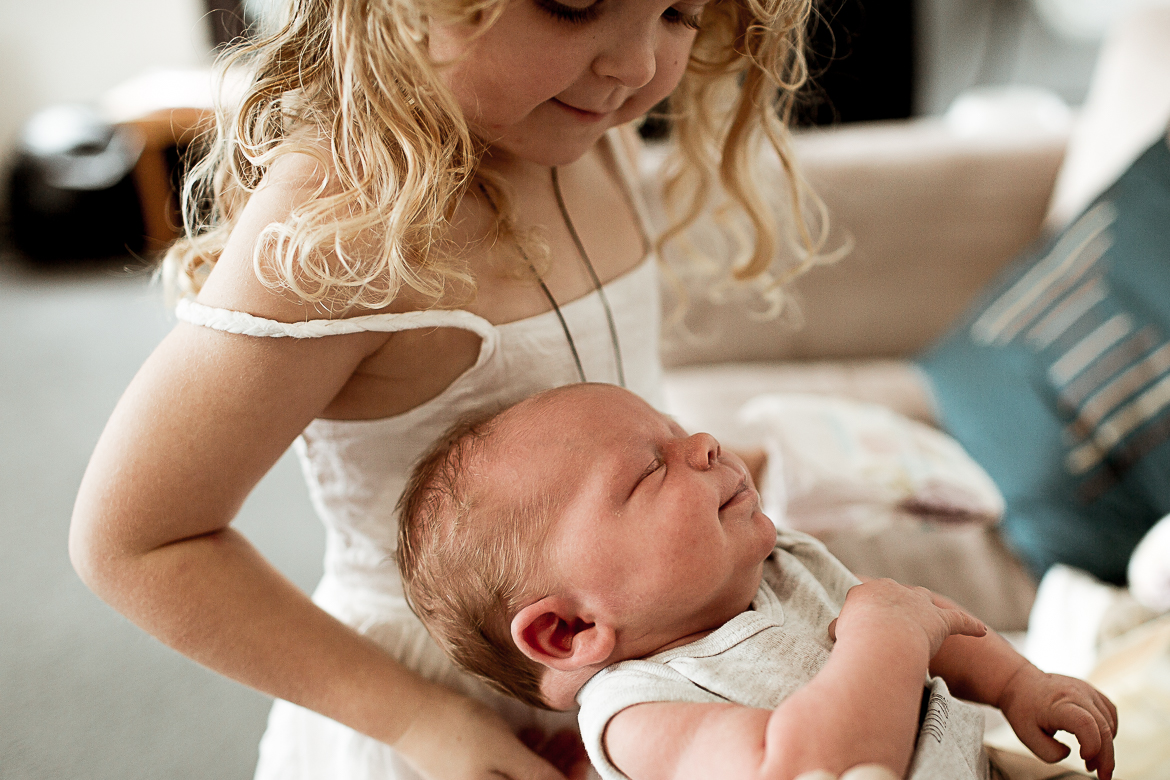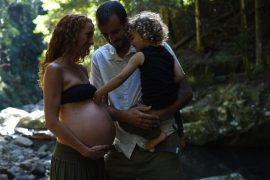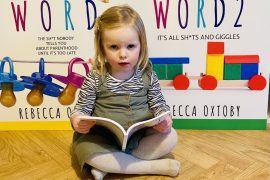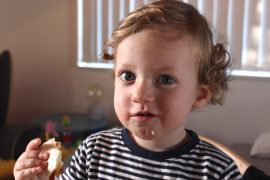By Belinda Connelly
I spent a lot of time reading about gentle birth and mothering while I was pregnant. I wanted to be ‘prepared’ and I was kinda a nerd on the subject.
I remember the first time my baby son woke me up, shortly after giving birth and feeling so completely and excruciatingly exhausted. I remember thinking that I’d never, ever get to catch up on the sleep I needed in that moment. Over the next few days as the crazy hormones surged up and down, combined with elation and uncertainty, I realised that I actually wasn’t prepared at all. I’d been thrown in the deep end.
Fast forward 4 years and there I was a second time. Back in the thick of it.
And although I thought I had prepared my young son for the birth of his brother (through conversations, books and play), just like my entry into motherhood, it was like he’d been thrown in the deep end as he adjusted to this new life as an older brother.
Being woken up in the night by his brother’s crying meant he was lacking sleep… and he felt tired…
When I couldn’t come and play as much as I used to… he felt disappointment…
When we’d only been playing lego for ten minutes before the baby woke from his nap and needed to be fed… he felt frustrated…
When we were out and he wanted me to carry him but I was already carrying his brother… he felt sad…
There was lots of love and happiness, don’t get me wrong. But these other feelings that often get swept aside were very real too.
And because he wasn’t yet able to verbalise things like, “Mummy, I’m so frustrated that you’re feeding the baby AGAIN. I wanted to play Lego with you!!”
Instead, I saw my 4-year-old’s frustration showing up through his behaviour.
Jumping precariously on the couch beside me while breastfeeding.
Tantrums over the tiniest things.
Restlessness and taking a really long time to fall asleep.
Behaviour is really a form of communication
LR Knost (author of ‘The Gentle Parent: Positive, Practical, Effective Discipline’) says, “Behaviours can communicate simple needs such as hunger or the need for sleep. They can communicate unmet needs such as the need to be heard or the need to reconnect. They can communicate stress or discomfort over changes in routine or sickness. Or they can communicate big emotions that our children need help processing.”
I know personally if I’m bottling up feelings, whether it’s frustration, disappointment, anger, worry or resentment, I feel more tension, stress and agitation in my body. When I feel this way, of course it effects my behaviour. I become more impatient, distracted and experience restless sleep too!
And the same is true for kids!











